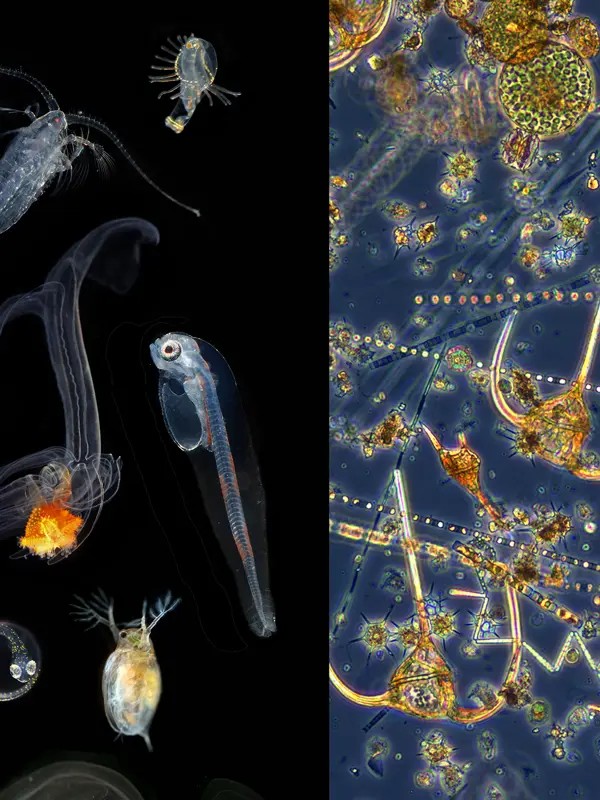Welcome to the second seminar in a series held the second Thursday every month by the CHAIR theme AI for Scientific Data Analysis. The theme centers around the identification, analysis and interpretation of data using AI from, e.g., microscopy, spectroscopy, chemistry, and astronomy.
Overview
- Date:Starts 9 March 2023, 13:00Ends 9 March 2023, 17:00
- Seats available:48
- Location:FL61
- Language:English
- Last sign up date:7 March 2023
Speaker

Associate Prof. Erik Selander:
True plankton and artificial intelligence.
Artificial intelligence is rapidly making its way into all parts of the scientific handicraft, from data collection to the written dissemination of scientific texts. In marine biology, deep learning algorithms has revolutionized the way we collect data.
Plankton for instance, consist of highly diverse and rapidly developing communities. Traditional monitoring efforts with ships, nets, and water samples are unable to provide the appropriate resolution in time and space. Using in-situ imaging systems however, it is possible to obtain high spatial and temporal resolution.
Moreover, the identification of individual plankton requires taxonomic expertise and is both costly and time consuming. With appropriately trained algorithms, however, many plankton can be automatically classified, and monitoring efforts made orders of magnitude faster and more cost efficient.
The pairing of artificial intelligence with microscopic techniques now also allows us to follow living cells throughout their life span, from, division to division, and continuously keep track of their three dimensional position and dry mass. These techniques provides a broad avenue to unprecedently detailed mechanistic understanding for the microbial food web in the ocean.

AI for Scientific Data Analysis
This theme is about utilizing the power of AI as a tool for scientific research. AI can be applied to, and potentially speed up, discovery and utilization in a variety of research disciplines, such as microscopy, physics, biology, chemistry, and astronomy.
Contact
- Senior Lecturer, Institution of physics at Gothenburg University